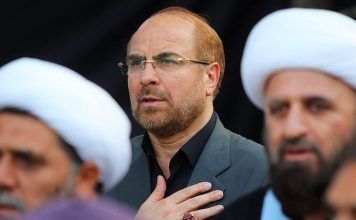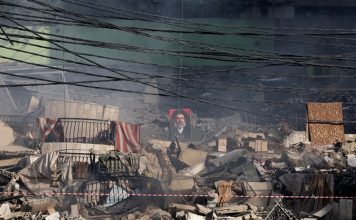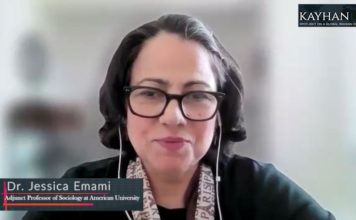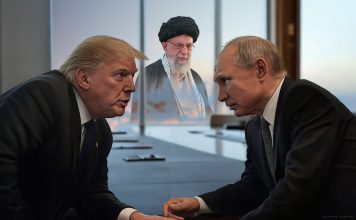The United Nations must investigate the treatment of 16-year-old Armita Geravand by Iran’s morality police in the Tehran Metro on Oct. 1 and her subsequent death in a probe that should include UN’s Independent International Fact-Finding Mission, Human Rights Watch (HRW) said in a Nov. 2 statement.
“An independent investigation, including by the United Nations Independent International Fact-Finding Mission, is essential to shed light on Armita Geravand’s death,” said HRW Deputy Director of the Middle East and North Africa division Michael Page. “Concerned governments should press Iranian authorities to allow investigators, human rights defenders, and journalists to speak to witnesses of abuses directly without fear of reprisals.”
Iranian Teenager Armita Geravand Dies After Alleged Confrontation
According to international media reports, Armita fell unconscious in Tehran’s Shohada metro station, following an assault by the morality police for her failure to comply with the mandatory dress code for females. Armita was taken to hospital, but was declared braindead on Oct. 23 by state-affiliated media. During her Oct. 29 funeral, several people were arrested by security officials, including human rights lawyer Nasrin Sotoudeh, according to media reports. Sotoudeh was violently assaulted during her arrest, according to an oct. 29 post on X (formerly Twitter) by her husband Reza Khandan.
Iran’s government has refused to release any CCTV footage from inside the train despite calls from human rights organizations to make the footage public. Video clips posted on social media showing Armita’s movements outside the metro carriage were analyzed by opposition groups who said at least 100 seconds of footage were missing.
Hengaw, a Norway-based Kurdish human rights organization, said Armita’s mother, Shahin Ahmadi, had been arrested on Oct. 4 near Fajr Hospital, where her daughter was being treated. Ahmadi’s whereabouts are currently unknown.
Meanwhile, in its latest report issued on Nov. 3, the UN Human Rights Committee condemned the treatment of girls and women in Iran.
“The Committee was disturbed by legal provisions that continue to discriminate against women and girls, particularly the “Support the Family by Promoting the Culture of Chastity and Hijab Bill,” which imposes severe punishments on women and girls for violations of the mandatory dress code, including up to ten years in prison and flogging,” the UN said. “It was also concerned about the redeployment of morality police to monitor the dress code in public.”
In a parallel development, the Islamic Republic of Iran’s appointment as chair of the UN Human Rights Council’s Social Forum on Oct. 30 was strongly condemned by the US and several human rights bodies. UN Watch, a Geneva-based non-profit tasked with monitoring the UN, launched a petition to revoke the appointment. The petition gathered more than 90,000 signatures.
UN Rights Committee Calls on Iran to Disband Morality Police
Michèle Taylor, the US permanent representative to the Human Rights Council, said in a Nov. 2 statement that it was “absurd” and “unacceptable” for Iran’s regime to chair the forum, having faced serious allegations about “persistent and flagrant human rights abuses.”
“The world witnessed only the latest example of the violence that women and girls face at the hands of their government when Armita Geravand, a 16-year-old girl, died after reportedly being assaulted on the Tehran metro for not wearing a hijab,” Taylor said.
“This, along with the haunting memory of Mahsa “Zhina” Amini’s death while in police custody a little over one year ago and many other stories of harassment, abuse, and death at the hands of the regime, paints a grim picture of the state-sponsored violence that is a daily reality for the Iranian people, especially for women and girls,” she added.
The country’s anti-government protests which began in September 2022 were triggered by the death of 22-year-old Mahsa Jina Amini, who had also been detained by police for failing to follow the dress code. Mahsa died from injuries she sustained while in custody.
A growing number of human rights bodies have raised concerns in recent years about the Iranian regime’s ongoing violence against women, particularly in relation to the legally enforceable dress code, which disproportionately affects women.
The UN called Iran’s new hijab laws a form of “gender apartheid” on Sept. 1 and that the restrictions were “inherently discriminatory and may amount to gender persecution.”
https://kayhanlife.com/society/human-rights/jailed-iranian-nobel-laureate-mohammadi-goes-on-hunger-strike-hrana/













